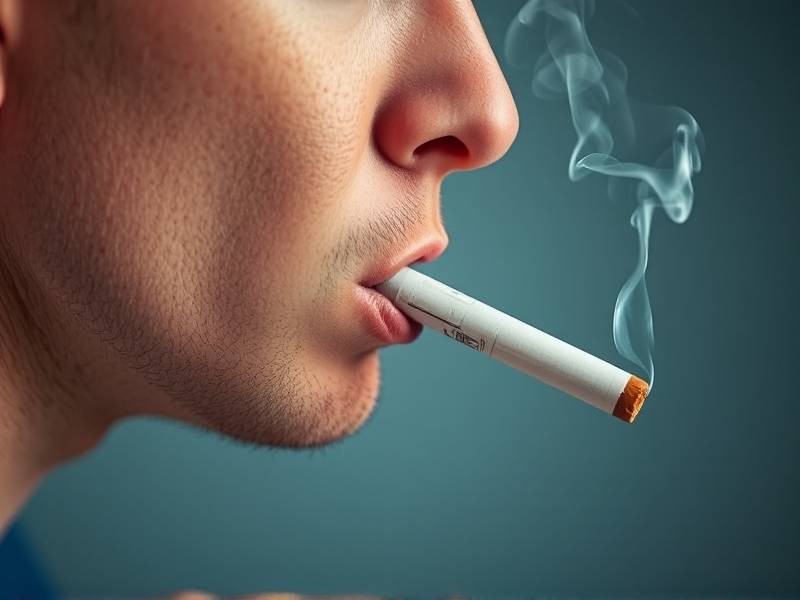Why Am I Coughing After I Quit Smoking? The Inside Scoop on Post-Smoking Symptoms
Understanding the Post-Quitting Cough
Congratulations on taking the bold step to quit smoking! It's a decision that promises a healthier life, but it also brings its own set of challenges. One common question many ex-smokers face is, "Why am I coughing after I quit smoking?" This article delves into the reasons behind this post-smoking symptom and provides insights into what you can expect during your journey to a smoke-free life.
What is Post-Quitting Cough?
Post-quit cough, also known as the "smoker's cough," is a common symptom experienced by individuals who have recently quit smoking. It's characterized by a persistent cough that can last for several weeks or even months after you've stopped smoking.
The Science Behind the Cough
1. Cleaning Out the Lungs
When you smoke, harmful substances like tar and nicotine accumulate in your lungs. Quitting smoking allows your body to start healing and clearing out these toxins. The cough you experience is your body's way of shedding these irritants from your respiratory system.

2. Increased Sensitivity
Your lungs become more sensitive to irritants after quitting smoking. This heightened sensitivity can lead to a persistent cough as your body tries to protect itself from these irritants.
3. Reduced Saliva Production
Nicotine stimulates saliva production, and when you stop smoking, this production decreases. Dryness in the throat can trigger a cough as your body tries to moisten its airways.
Dealing with Post-Quit Cough
Now that we understand why post-quit cough occurs, let's explore some ways to manage it:
1. Stay Hydrated
Drinking plenty of water helps keep your throat moist and can alleviate dryness-related coughing.

2. Use Saliva Substitutes
Over-the-counter saliva substitutes can help if you're experiencing severe dry mouth or throat.
3. Avoid Irritants
Stay away from smoke-filled environments, dust, and other irritants that can exacerbate your symptoms.
4. Steam Therapy
Breathing in steam can help loosen mucus and soothe your airways. You can use a humidifier or simply take a hot shower with the door closed.
When Should I Seek Medical Attention?
While post-quit cough is generally harmless, it's essential to rule out other potential causes of chronic coughing:
1. Persistent Cough Duration
If your cough lasts for more than three months or becomes severe, consult a healthcare professional.
2. Accompanying Symptoms
If you experience symptoms like shortness of breath, chest pain, or fever alongside your cough, seek medical attention promptly.
Final Thoughts
Quitting smoking is an incredible achievement that comes with both challenges and rewards. Understanding why post-quit symptoms like coughing occur can help you navigate this period more comfortably and confidently. Remember, every step towards quitting smoking brings you one step closer to better health!
As you embark on this new chapter in your life, be patient with yourself and celebrate each milestone along the way. Your commitment to quitting smoking will pay off in countless ways—starting with improved lung function and reducing the risk of various health issues associated with tobacco use.
Stay strong!
